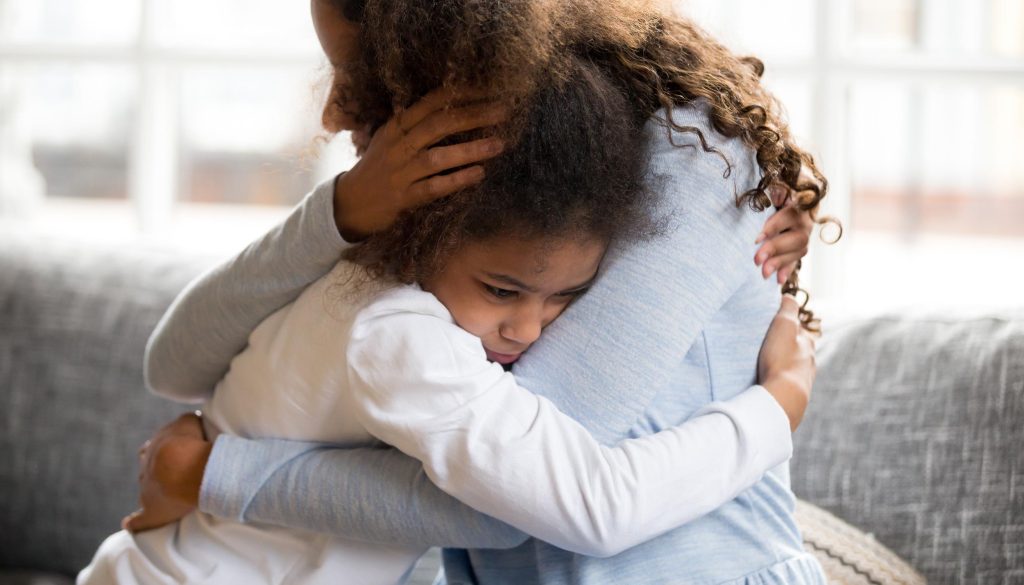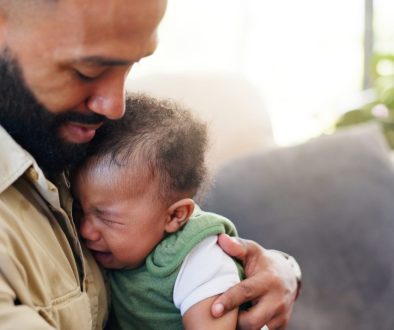Imperfect Parenting

Imperfect parenting recognizes that no parent is perfect, and all parents make mistakes or encounter challenges while raising their children. It acknowledges the human aspect of parenting, emphasizing that adults may not always have all the answers or respond to their children’s needs in an ideal way.
Imperfections in parenting can manifest in various ways, such as moments of frustration, inconsistency, or lapses in communication. Parents may find themselves making decisions they later regret or struggling to meet all of their child’s needs at all times. Imperfect parenting is a natural part of the parenting experience, and it’s essential for parents to acknowledge, learn from, and grow through these imperfections.
Understanding and accepting imperfections can contribute to a healthier parent-child relationship. It allows parents to be more compassionate toward themselves, recognizing that they are doing their best in a challenging and ever-changing role. Additionally, acknowledging imperfections creates opportunities for learning, growth, and building resilience within the family unit. The key is to strive for a balanced and supportive approach to parenting, recognizing that imperfections are part of the journey.
The truth is that ruptures happen, no one is perfect, and they are a part of being in any imperfect, authentic relationship. The crucial aspect is how the parent and child navigate these ruptures. In healthy parent-child relationships, there is an emphasis on repair, where both work together to restore the emotional bond..
It’s important to note that a pattern of repeated ruptures without effective repair can have negative consequences for the child’s emotional development. On the other hand, occasional ruptures with successful repairs can contribute to resilience and the development of secure attachment.
Repairing a rupture in parenting involves rebuilding trust, communication, and connection between parents and their children. Here are some examples of strategies to repair ruptures in parenting:
Apologize and Acknowledge
Example: “I realize I made a mistake, and I want to apologize for my actions. I understand how it may have hurt you, and I’m truly sorry.”
Active Listening
Example: “I want to hear your perspective. Please share your feelings and thoughts, and I will listen without interrupting.”
Empathize
Example: “I can imagine how that situation made you feel. It must have been difficult for you, and I want to understand better.”
Open Communication
Example: “Let’s discuss what happened and how we can move forward. Your opinion matters, and I want to work together to find a solution.”
Problem-Solving Together
Example: “How can we make things better? What do you need from me, and what can I do differently? Let’s find a solution together.”
Quality Time
Example: “I want to spend more quality time with you. Let’s do something together that you enjoy so that we can strengthen our bond.”
Remember, repairing ruptures in parenting is an ongoing process. Being patient, committed, and open to growth and change is important.





